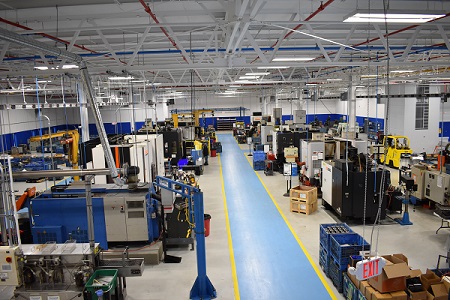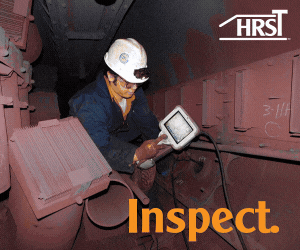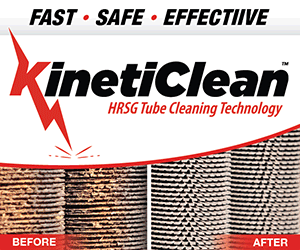HP superheater and reheater drain-system designs and operating practices that do not remove all condensate prior to initiation of steam flow during cold, warm, and hot startups are unable to protect tube-to-header connections, header bores, and nozzle-to-header connections from severe thermal fatigue damage. Such damage has resulted in many premature tube failures and can be expected to cause header bore cracking and/or nozzle-to-header weld failure.
Damage mitigation demands reliable, leak-tight operation of both tube-panel drain valves and attemperator block valves (to help prevent water entry into tube panels). Conval Inc, which recently dedicated a 72,000-ft2 advanced manufacturing center (photo) in Enfield, Ct, 13 miles down I-91 from Bradley International Airport, has been an industry leader in the supply of US-made forged severe-service valves for half a century. The company previously made its globe, gate, and ball valves for high-temperature/high-pressure service at a three building campus in Somers, Ct.

Conval VP Mike Hendrick, who participated in the HRSG Forum with Bob Anderson last March (2018), told the editors he prefers ball valves for meeting the on/off (never throttling) demanding service needs of isolation, vent, and drain valves. For the temperatures and pressures experienced in today’s advanced combined cycles, Conval offers ball valves up to 4 in. This size range satisfies most HRSG applications, including attemperator block valves. Note that final superheater harp in a typical F-class HRSG requires the equivalent of three 2-in.-diam drain lines to effectively remove the condensate collected.
Hendrick urged users to select their drain and block valves carefully, making sure metal seats are available when service temperatures are 400F and above, stems are blowout-proof, seat leakage meets the tightest specs after installation, coatings assure long life, and internals can be accessed in-line for inspection and maintenance.
Periodic review of best practices and lessons learned concerning drain and attemperation systems is particularly important today, HRSG Forum Chairman Bob Anderson told the editors, given the recent and pending retirements of the industry’s most knowledgeable boiler personnel. The steering committee is considering a presentation or discussion session on this topic at the 2019 meeting.





